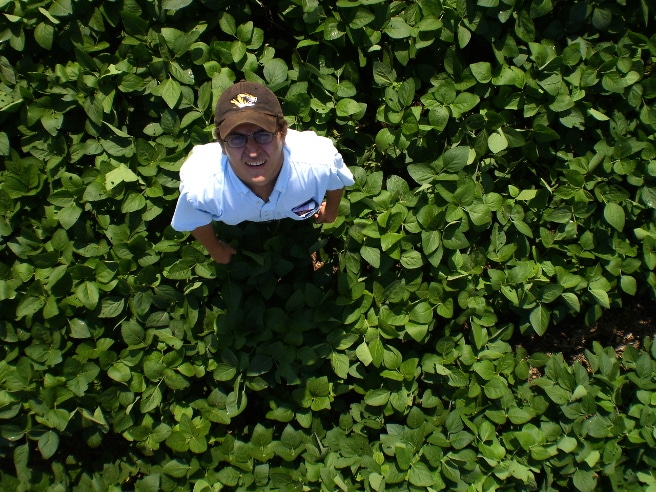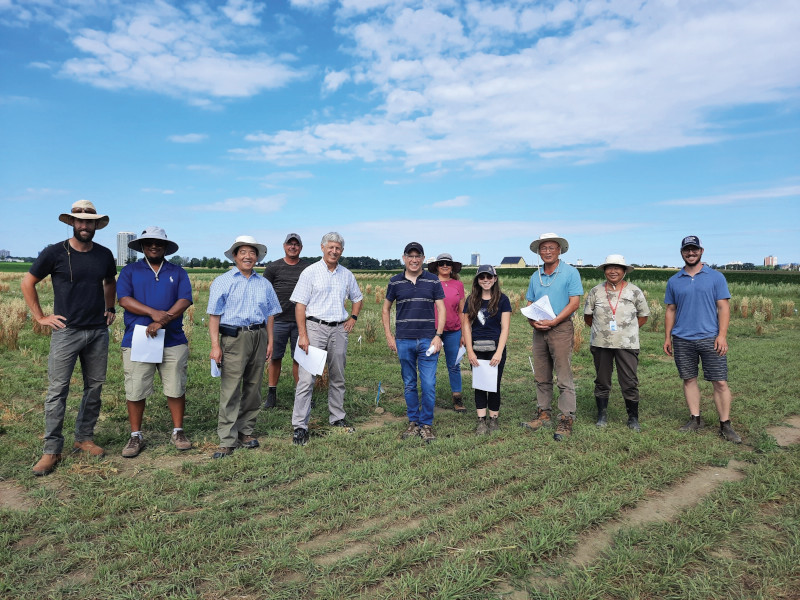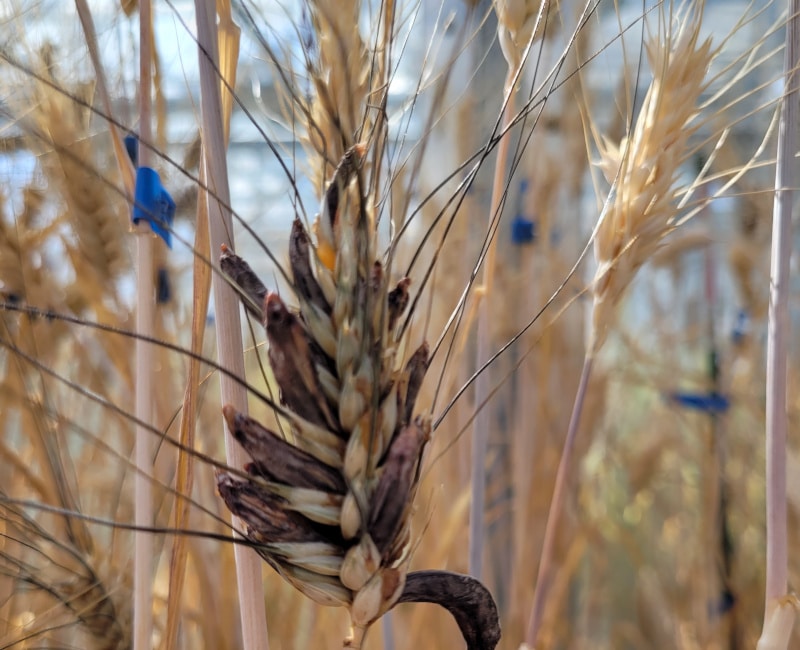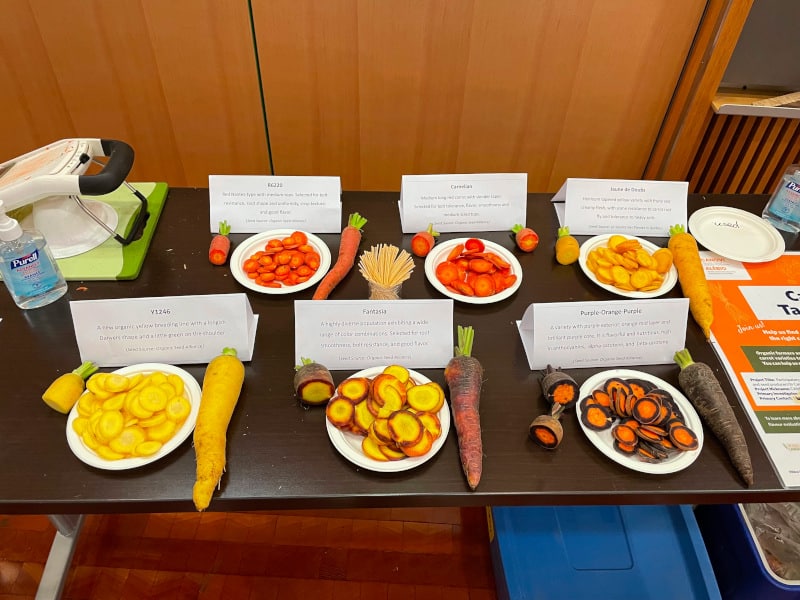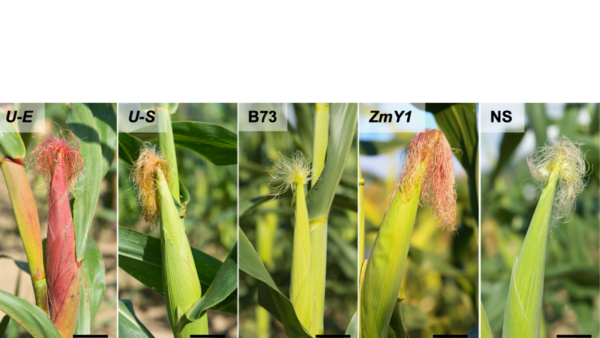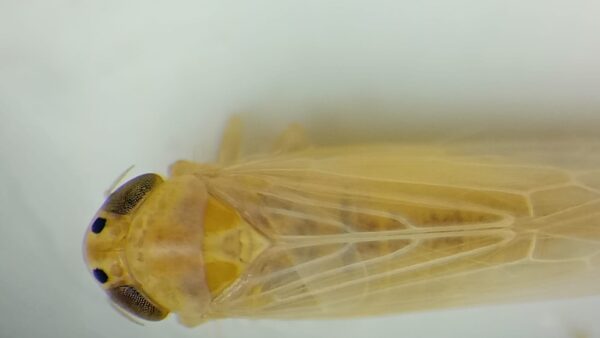
Editor’s Note: This article is part of a series on major contributions to plant breeding and science in Canada’s public sector including innovations in: Canola, Barley, Oat, and Triticale, Wheat, Sunflower, Pulses, Oilseeds, Horticultural Crops, and comments from our editorial board.
There’s Value in the Value-Chain Approach
McGill University
The McGill University pulse breeding and genetics research program adopts a value chain approach to meet the specific needs of Quebec growers, primarily focusing on dry beans. By integrating input from growers, marketers, seed producers, processors, and consumers, the program aims to develop crop cultivars with traits that benefit all stakeholders. Central to their approach is a streamlined breeding and testing pipeline, which efficiently navigates the complex genetics associated with desired traits.
Valerio Hoyos-Villegas, who spearheads the program, says the its integration of advanced genomic tools supported by grower and provincial organizations is key to its success. These tools, including genomic selection and mutation purging, enhance breeding processes and contribute to the development of robust prediction models for elite common bean varieties.
Research endeavours extend to addressing challenges such as white mold tolerance and identifying superior chickpea materials, paving the way for potential chickpea cultivation in the northeast.
Breeding Groundbreaking Bean Varieties

University of Guelph
The University of Guelph bean breeding program employs population breeding to enhance various bean varieties, including navy, black, cranberry, kidney (dark and light red, white), pinto, and adzuki beans. Each year, the program conducts over 250 unique crosses, advances over 800 F2-F5 families and 3,500 rows from single plants and carries out numerous yield trials and performance tests to identify and develop new registered bean varieties, right now totaling 20 varieties across different market classes licensed with seven companies in North America.

Editor’s Note: This article is part of a series on major contributions to plant breeding and science in Canada’s public sector including innovations in: Canola, Barley, Oat, and Triticale, Wheat, Sunflower, Pulses, Oilseeds, Horticultural Crops, and comments from our editorial board. Use the buttons below to explore these exciting new innovations or read from the start.


